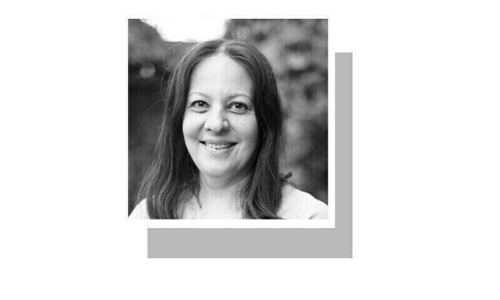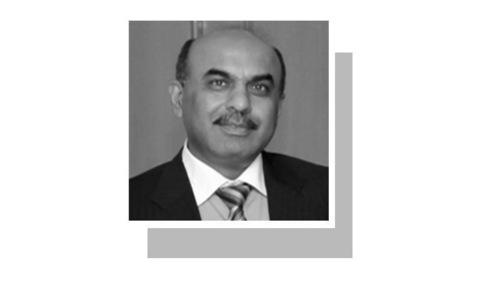LONDON, Dec 8: Britain’s state-funded health service on Monday published plans to ensure hospitals know where their surgical instruments are coming from, after acknowledging that some may be produced by child labourers in Pakistan.
Many of the scalpels and forceps used in Britain, the US and other western countries are manufactured in the Pakistani city of Sialkot, which has more than 2,000 instrument makers.
Surgical instruments are among Pakistan’s major exports, but labour activists say many are made in tiny workshops by child labourers who earn just a few dollars a month.
The proposed National Health Service guidelines call on hospitals to introduce “ethical procurement” policies and to consider labour standards when they are buying goods.
Research published in June found there was a “significant risk” some health service goods and services came from places where labour standards had been abused. The report said it was ironic that “the labour standards in the supply chains of products procured by the NHS to administer healthcare in the UK may be unnecessarily damaging the health of workers in those supply chains.”
Unicef, the UN’s children’s agency, estimates there are 3.6 million working boys and girls under age 14 in Pakistan, mostly engaged in carpet weaving, brick making, agriculture and deep sea fishing.
Various UN-backed initiatives try to encourage them to go to school part-time, and the Sialkot surgical-supply industry insists most manufacturers do not exploit their workers.
The issue gained attention in Britain after a London surgeon, Mahmood Bhutta, wrote about it in the British Medical Journal two years ago. Mr Bhutta said surgical instruments should be bound by the same fair trade standards as coffee or bananas.—AP















































Dear visitor, the comments section is undergoing an overhaul and will return soon.